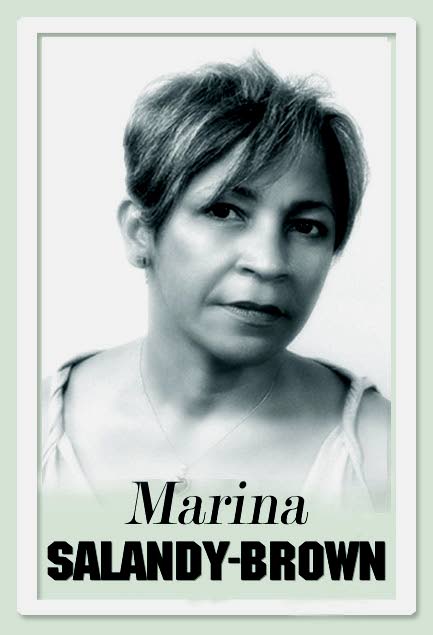Venezuelan crisis not unique

Our closest neighbour Venezuela is in deep crisis. Political and economic meltdown is not uncommon in the countries south of the Rio Grande, from Mexico in the north to Chile and Argentina in the south, and almost every Latin country in between, including Haiti and the Spanish-speaking islands of the Caribbean. In fact, Latin America seems to lurch from one upheaval to the next.
For all its size – about 15 per cent of world land mass – Latin America does not figure large on the international agenda except when yet another uniquely self-made disaster occurs, such as the current one in Venezuela that takes it to the top of the news running order. Each episode occasions yet another exodus of people, whether it is from Peron’s Argentina, Pinochet’s Chile, Stroessner’s Paraguay, Duvalier’s Haiti, Batista’s and Castro’s Cuba, Trujillo’s Dominican Republic, Somoza’s and now Daniel Ortega’s Nicaragua, Maduro’s Venezuela, and many others in between. These strongmen are the genesis of realms of academic papers and books full of analyses of just what is in the sub-continental DNA that prevents it from ever seeming to fulfil its enormous promise. What is it that produces often cruel, power hungry, dogmatic men who are echoes of 19th century “caudillos”, but also military backed dictatorships, or actual military dictatorships of both the left and right, almost in turn?
As a long-time observer of Latin America I find it a curious phenomenon that well into the 21st century there still exists such a regressive pull towards old, bad political habits, but I recognise that it finds its origins in the unique manner in which the continent was settled, the power of the Catholic Church, the nature of predominantly Spanish and Portuguese colonial rule, how independence was won and in its bedevilled post-colonial/neo-colonial relations with the US. Latin America seems unable to reinvent itself in spite of the many efforts at democracy and attempts to correct the enormous social and economic inequalities that are commonplace all over the continent. One must deduce that there are structural political and economic reasons why Latin America – population 627 million in 2015 – has not been in the forefront of world developments in design, technology, medicine, space, transport, etc. That is not to say that individual countries have not produced men and women of singular genius and cultural achievement, but as a continent, it has not led human advancement and knowledge. Israel and Japan may be particular cases, but compare their innovation and domination in so many fields to that of any South and Central American country, including Brazil, which is dozens of times bigger.
At the moment, we in the islands are chiefly preoccupied by the possible fallout from Venezuela’s economic freefall in relation to existing energy deals; the significant international political pressure bearing down on the Maduro government and the impact of possible sanctions upon us; and by the prospect of war in our region.
I think it unlikely that the region would become embroiled in any sort of nuclear warfare. Russia and the US may have maritime vessels that have nuclear capacity moving around in Caribbean waters but, barring an accident, there is almost no chance that nuclear weapons would be deployed. If that didn’t happen during the many years of the “balance of terror” of the Cold War period, part of which was played out in the Caribbean, it is unlikely to happen now. And after all, everybody is anxious to safeguard the enormous oil resources Venezuela possesses, supposedly the largest in the world. A nuclear or conventional war would be a lose-lose for everyone as getting the economy back on track is paramount. What everybody needs is a peaceful, thriving Venezuela.
As for the political fallout, a united Caricom stance of non-interference in our neighbour’s affairs is in our best interest. Venezuela has a democratically elected government – whether fraudulent or not, inept or not – supported by the military from which Chavez sprang, and the military will be the final powerbroker through coercion or self-interest. The international support for a non-elected, self-proclaimed contender as the interim president is unorthodox, and evidence of the evolving morass that we must not be drawn into.
For me, the human tragedy demands our concern. Of the three million desperate refugees, about 40,000 have arrived here and they are not being treated with any seriousness. We must welcome them but we should know, already, how we will manage this sudden influx of non-English speakers and consider the effects upon TT society. Managing migration is not necessarily easy or cheap and certainly won’t happen on its own without creating a policy and allocating money to its implementation. In the absence of that we will breed another underclass of disadvantaged people.


Comments
"Venezuelan crisis not unique"